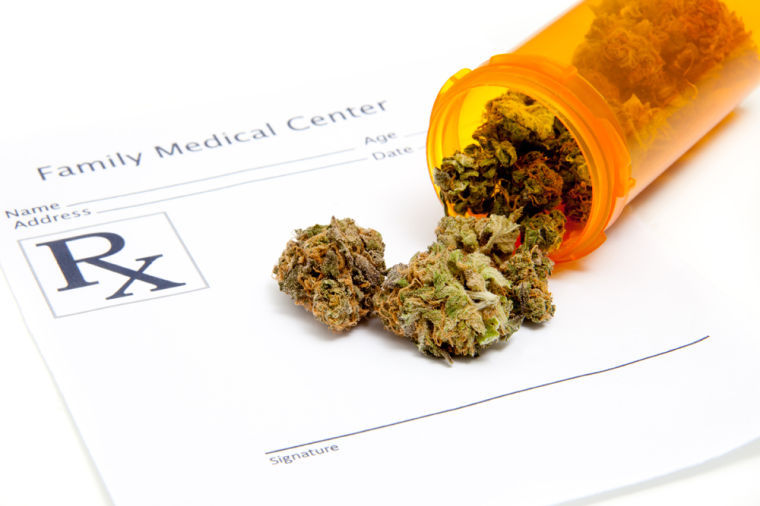Regulations limit use, selling of medical marijuana in DeKalb
February 4, 2014
Locals have reservations about laws being considered to regulate medical marijuana.
The proposed laws would be among the strictest of the states that allow for medical marijuana. The proposed laws were published so the public could comment before Friday.
After the deadline, submitted comments will be taken into consideration by a legislative panel that will determine the medical marijuana laws for Illinois.
The legislative panel has until the end of April to decide on the laws people will have to adhere to for the Compassionate Use of Medical Cannabis Pilot Program Act.
The pilot program act, which would go into effect once lawmakers agree on the specifics, would last for four years and serve as a trial run for how Illinois can handle medical marijuana laws and their enforcement.
Local dispensaries
Once the laws do go into effect, the Compassionate Use of Medical Cannabis Pilot Program Act calls for 22 cultivation sites and 60 clinics where marijuana would be grown and sold statewide.
Mayor John Rey said he is skeptical a cultivation site or a clinic will open its doors in DeKalb as a result of the strict regulations.
“[It’s] not very likely to have either one in DeKalb. They’re more likely to gravitate to larger population areas,” Rey said.
Rey said if DeKalb is chosen for one of the proposed sites the city would have to accommodate it.
“As a municipality, we can’t prevent one from opening in DeKalb, but we could control the location,” Rey said.
Ann Lehan, owner of Lehan Drugs, 1407 S. Fourth St., said most Illinois pharmacists don’t want to deal with medical marijuana. Lehan said she was concerned about the regulation of medical marijuana and doubts Congress will reclassify marijuana as a schedule II drug.
“It’s not something that most pharmacists are interested in,” Lehan said. “I’m only aware of two pharmacists out of Chicago that are.”
Proposed laws
According to the proposed laws, people would have to submit to fingerprint-based criminal background checks, pay a $150 application fee for their photo ID and forfeit their guns.
Section 946.230 of the bill states that any patient or caregiver responsible for a patient will be in violation of medical marijuana regulation laws if they possess a gun.
Those people will also be responsible for surrendering their FOID cards and concealed carry permits, or they will face administrative hearings by the State Police.
Doug Massier, chairman of the Kishwaukee Valley Friends of the NRA, said the state’s rules are “common sense” approaches to the handling the issue.
“A person should never handle firearms under the influence of marijuana, alcohol or any other prescription drugs,” Massier said.
The draft notice of the proposal rules also states patients must notify the Department of Public Health within 10 days of changing their names, addresses, debilitating conditions and designated caregivers, or after losing their registry identification cards.
Those in possession of medical marijuana will also have to carry it in a container, according to regulations, and patients are prohibited from smoking in any public place where a person could be observed by others, in a healthcare facility or any place where smoking is prohibited.
Patients are also prohibited from being in control of a vehicle, aircraft or motor boat while under the influence of medical marijuana.
Tia Williams, junior corporate communications major, said the restrictions on gun ownership for patients in need of medical marijuana is in the best interest of the population.
“I can see both sides of the argument, but I’m more for that restriction,” Williams said. “I mainly feel the way I do about that because I believe we have a major gun problem in our country and absolutely anything that could potentially limit gun violence I’m totally for.”



